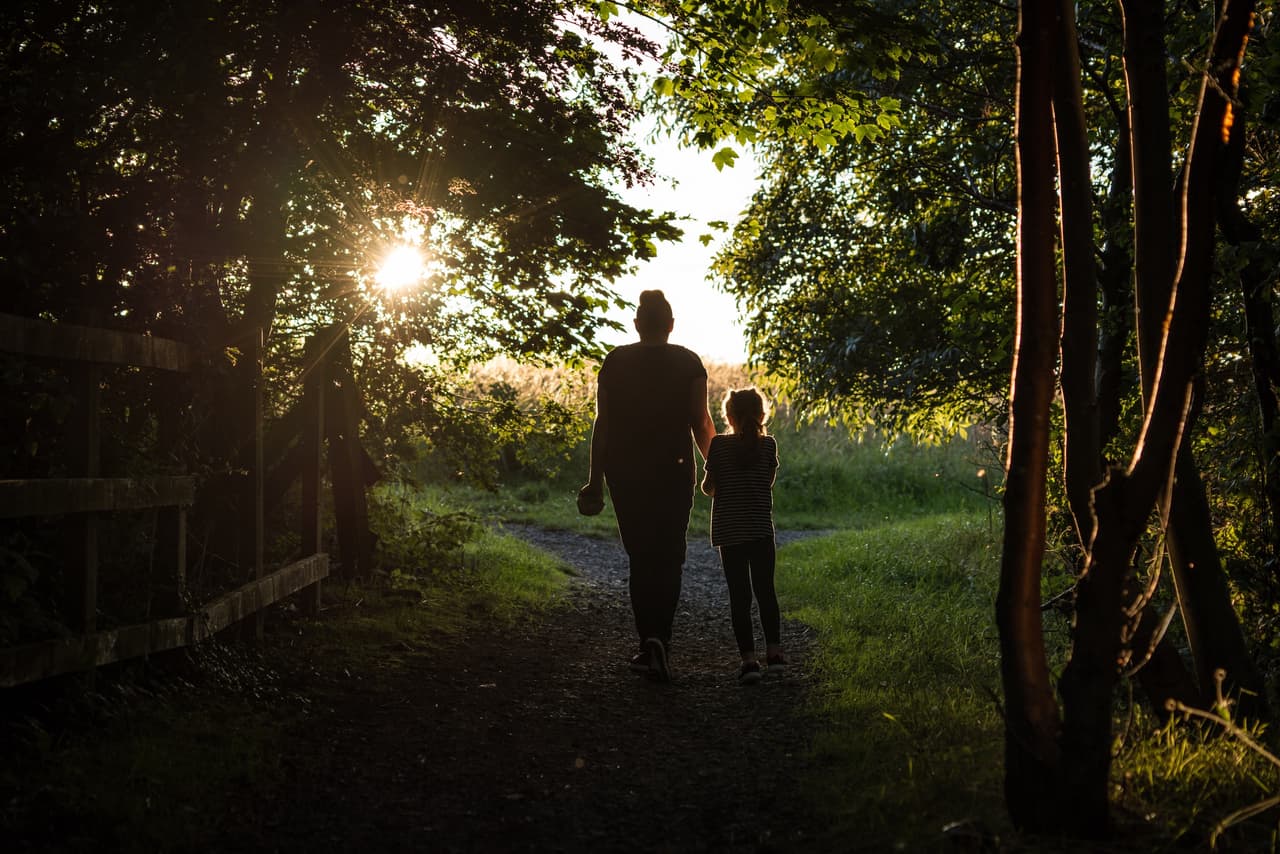
Family court reporting pilot: I’m a family member, what can I expect?
The pilot courts are trialling a new way of working that means it will become usual for the judge to make an order allowing a journalist who attends a family court case to report. You will also be allowed to speak to any journalist operating under the pilot scheme about the details of your case.
Key points
What is said on this page only applies to certain kinds of family cases about children heard in private in the pilot areas while the pilot is in place. It does not yet apply to magistrates courts hearing family cases in those areas. It does not apply to adoption cases or financial remedy cases.
It’s OK to choose to not tell your story. You are under no obligation to speak to a journalist. Your boundaries and needs matter, and you are free to inform the court of your views on reporting. You can raise concerns around anonymity with the court (and your lawyer if you have one). If you have previously chosen to speak to a journalist attending your case, you can stop speaking to them at any time.
What should I consider before sharing my story with the media?
If you decide to speak to a journalist, you can have someone you trust to come with you to the interview. They can help mediate, be there for you if you need a break and take notes so you can have clarity about what was said afterwards.
Here are some types of support that may help you:
Peer support: others with lived experience of sharing their own stories in the media
Friends and family
Lawyers
Therapists
Support services for victim-survivors of abuse and violence
Identifying your needs and boundaries
Before going “on record” and sharing your story with a journalist, it’s important to take time to decide what you want to share with the public and what you want to keep private. This can help you feel in control of your own story. For example, you may not want to share specific details of abuse you have experienced, or details about your children.
You can write down a list of anything you don’t want to talk about, so you can refer to it during an interview. Let the journalist know in advance anything you’re not prepared to talk about.
If an interview is straying outside of your agreed boundaries, you or your support network can remind the journalist, by as saying, “Just as a reminder, we agreed to not discuss this particular issue,” or “This isn’t something I’m comfortable talking about.”
If you share something “on record” that you realise you don’t want to be made public you can ask a journalist to take it out. They may say no, but it’s perfectly reasonable to ask.
Your needs
Before sharing your story with a journalist, you can discuss the process with them in an “off record”, non-reportable conversation. This is a chance for them to answer any questions you have, and for you to explain how you will feel most comfortable doing an interview.
For example, you can discuss where and when you want an interview to take place; what you are willing to make public and your boundaries; if they will be paying you for your expertise (this is rare) or any expenses incurred by doing the interview; whether you can see the questions before the interview so that you can prepare; and who else they will be speaking to for the story.
It is against most news organisations’ editorial guidelines for a journalist to give you sight of their report before publication.
Sharing your story can be a positive experience, but you can always stop if you become uncomfortable with how the interview is going.
Identifying yourself and your family
There are laws that prevent the identification of children, parents and other family members involved in family court cases heard in private. These rules will apply in the three pilot reporting areas just as they do in other parts of the country, and their reach will extend beyond the end of proceedings, so that nobody can be identified until the youngest child in the case turns 18.
Protecting people’s identity goes further than not publishing their names. In the pilot areas, there will be a restriction on reporting other details, such as a child’s date of birth, school and the names of foster carers and photographs. The full list of the standard reporting restrictions in the pilot areas can be found in paragraph 19 of this document.
If there is other information that you do not want to be reported because you believe it could identify you or your family, for example, the town where you live, your ethnicity, your religion or your job, you can raise this with the court when it is considering what the journalist can report. If you have a lawyer, you can also speak to your lawyer about this and ask them to raise it in court. The judge will listen to arguments for restricting publication of additional facts, together with any arguments against, and will make a decision.
Header image: A woman and a child walk down a country lane. Credit: Chris Miller / EyeEm via Getty Images
This resource was funded by Bureau Local funders. None of our funders have any influence over the Bureau’s editorial decisions or output.
Coordinator: Louise Tickle
With thanks to: Rights of Women, Lucy Reed
Please contact [email protected] with any questions or comments about the content of this site.
-
Area:
-
Subject:




